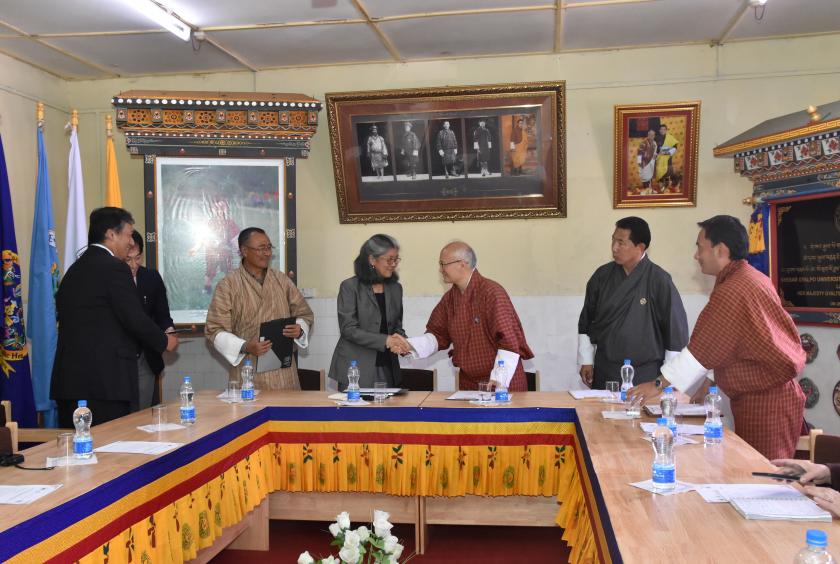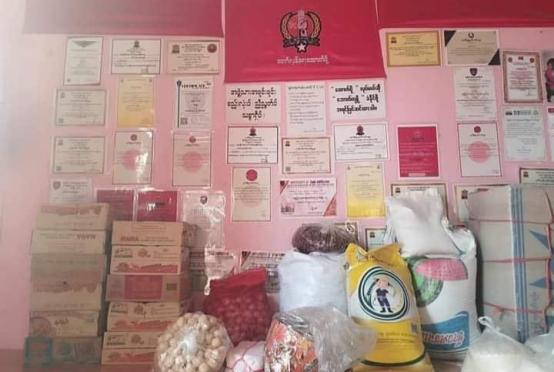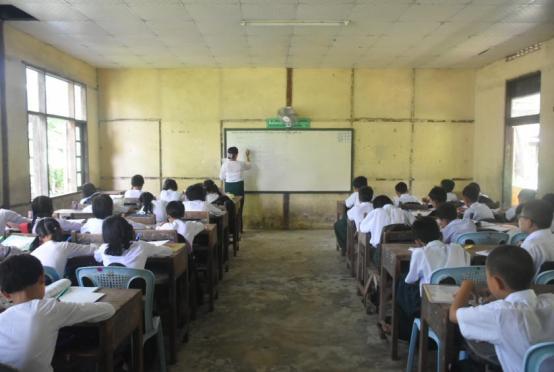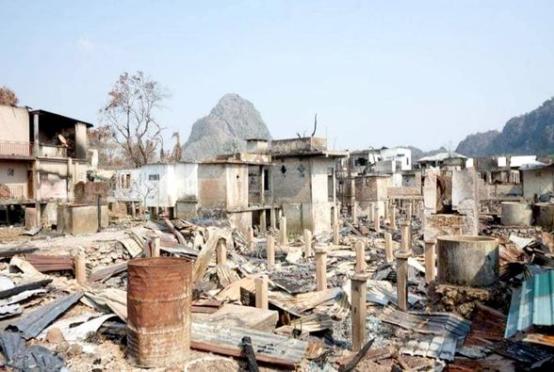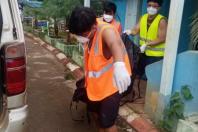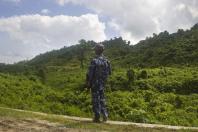by Dechen Tshomo
THIMPHU (Kuensel/ANN) - Stomach and cervical cancers constitute the majority of the cancer burden in Bhutan.
The average annual incidence of stomach cancer is 24 per 100,000 people, and cervical cancer 25 per 100,000 people.
About 2,648 cancer cases were recorded with the cancer registry at JDWNRH from 2014 to 17. Of the total, 954 people died.
Health officials said that stomach cancer causes the highest mortality among all cancers with 12 deaths per 100,000 people.
According to the World Health Organisation, it is estimated that in 2018, Bhutan had the second-highest mortality from this cancer in the world.
A pilot project will be implemented from October 2019 to September 2022 to reduce the incidence and mortality of gastric cancer in Bhutan.
JICA, in collaboration with Khesar Gyalpo University of Medical Sciences of Bhutan (KGUMSB), health ministry, and Jigme Dorji Wangchuck National Referral Hospital (JDWNRH) will work on the pilot project for eradication of gastric cancer associated with Helicobacter Pylori in Bhutan.
The project will be implemented in collaboration with nonprofit organisation Zero Helicobacter IGAN network (HIGAN) in Japan.
The project, funded by JICA and HIGAN will be implemented at Dawakha BHU catchment areas where it has reported high stomach cancer rate in Bhutan.
This would be done through effective screening and eradication of Helicobacter pylori (H. pylori) and improving the early detection of gastric through endoscopy.
HIGAN’s major activities for the project will include informing the risk of cancer and H. pylori to inhabitants of Dawakha, introduce the methods for detection of the bacteria to Bhutanese laboratory technicians, and train medical doctors on the detection of gastric cancer by endoscopy.
Evidence from other countries suggests that a major proportion of stomach cancer is attributed to infection by H. pylori.
Studies in Bhutan suggests the prevalence of H. pylori infection ranges from 66 percent in children to 80 percent in patients presenting gastric problems
Moreover, it found that H. pylori in Bhutan are highly virulent than in other countries including Japan and Korea where the incidence of gastric cancer is high, and also resistant to Metronidazole, one of the antibiotics used for eradication of the bacteria.
President of KGUMSB, Dr K P Tshering during the signing of the Minutes of Meeting on the pilot project on August 14, said that the project had multi-collaborators because it is a task that cannot be carried out by an organisation alone.
“It is a simple ceremony, yet a big milestone,” Dr K P Tshering said.
He said that stomach cancer was one of the leading cancers in the country as it was in Japan. “Japan has done a wonderful job in controlling and eradicating the cancer.”
The incidence and mortality rate of gastric cancer in Bhutan is almost the same. In Japan, while the incidence rate is high, the mortality rate is much lower.
A professor with HIGAN, Yumiko Kamogawa, said that Japan used to have one of the highest numbers of gastric cancer associated with toxic H. Pylori. In order to overcome this problem, Japan developed a screening system for gastric cancer and introduced eradiation strategies of H. pylori.
She said the mortality from gastric cancer dropped after these measures were taken. “We are happy to share our knowledge with the Bhutanese people to reduce the incidence and mortality of gastric cancer.”
Gastric cancer, she said, was not severe if detected at an early stage. It is curable.
As a part of the project, a Japanese professional endoscopist will train eight medical doctors to conduct advance endoscopy to detect early gastric cancer taking Train-the-Trainer approach. After three years of the training, the eight endoscopists will train three medical doctors each in Bhutan.
The project is also expected to strengthen laboratory capacity of Bhutan to detect H. pylori infection and assessment of efficacy of H. pylori treatment.
“Eradication of H pylori and detection of early gastric cancer by screening should reduce the mortality rate,” she said.
The project is also exploring funds to procure latest and high-end endoscopy machine that can improve the detection rate of early gastric cancer.
Dr K P Tshering said that the findings from this project would be used to guide and support the development of national gastric cancer control program and roll-out nationwide programme to reduce incidence and mortality of gastric cancer.

